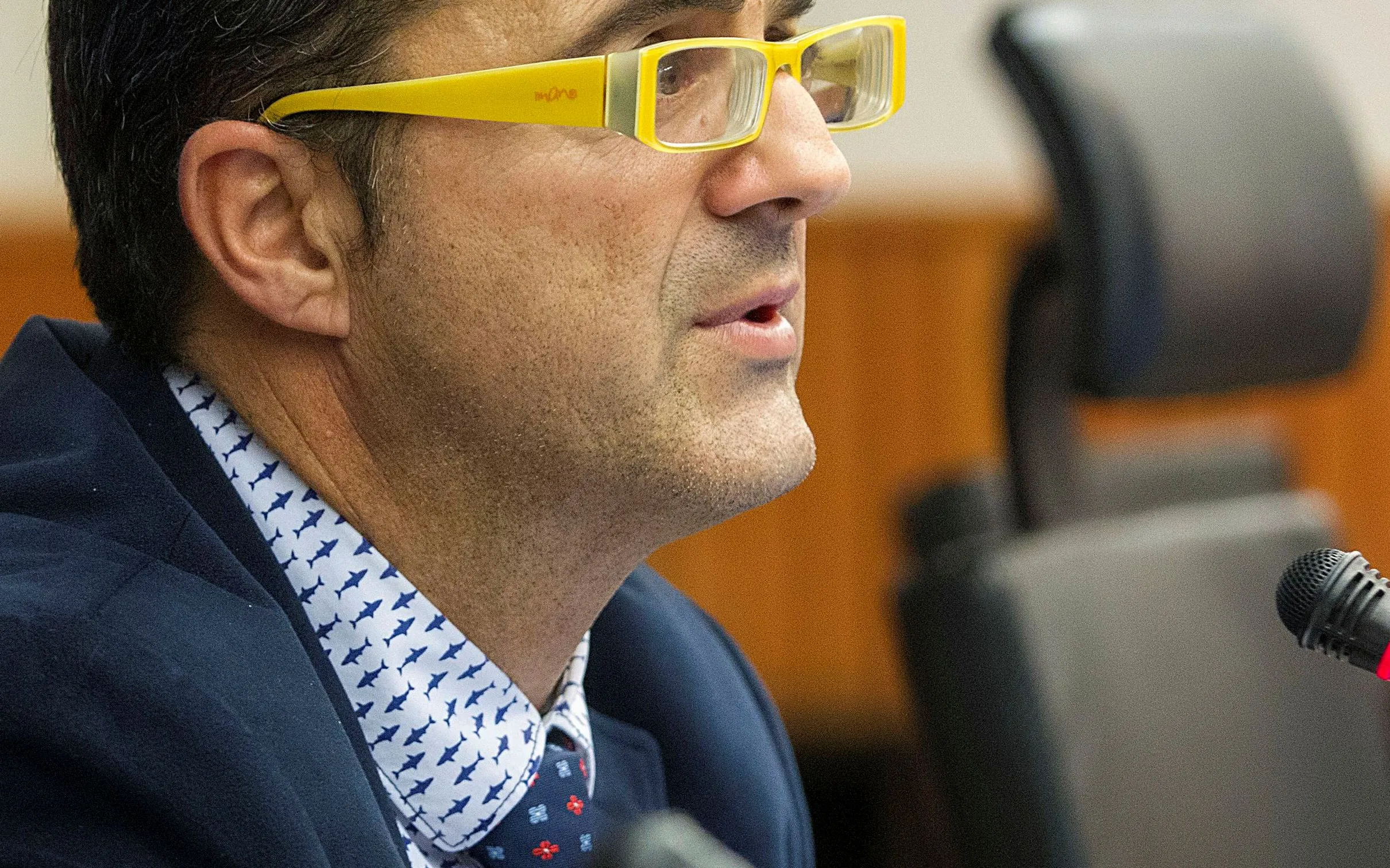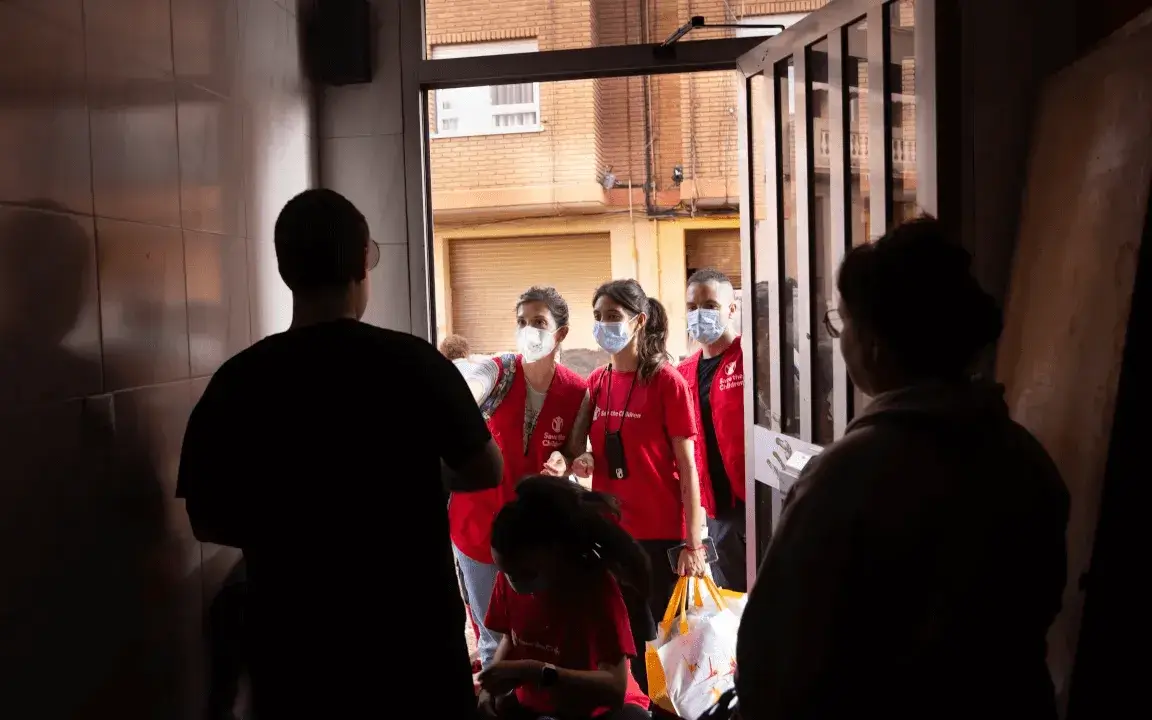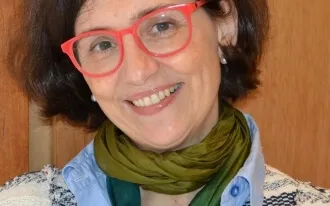Juan Carrión: “Care-giving for people with rare diseases has been interrupted in 91% of cases”
We talk with the Spanish Federation of Rare Diseases (FEDER) to learn about the tasks they are performing to improve the quality of life of more than three million people in Spain who live with a rare disease, and to discover how Covid-19 has impacted them.
What tasks does FEDER develop to improve the lives of people living with a rare disease?
We have a free Information and Guidance Service for Rare Diseases to improve the quality of life of these people facilitating access to quality information.
Also, we encourage networking among people affected, their families and healthcare professionals and we also provide people living with these diseases Psychological Assistance to improve their personal autonomy and general health.
At the same time, we also offer people living with a rare disease legal advice, information on Special Educational needs, guidance for cases with no diagnostic and we also strive to provide training for professionals.
In addition, we also carry out awareness-raising initiatives to encourage social change and to improve the lives of more than three million people living with rare diseases.
What difficulties do people living with these diseases encounter in their day-to-day?
People with rare diseases or for whom there is no diagnosis have always been a vulnerable group. Families live with a sense of helplessness and loneliness due to the uncertainty, the lack of treatment and the lack of information on a disease that is unknown for them and for health professionals.
Also, in this group there is a common problem: the lack of adequate treatment; only 5% of rare diseases have a treatment and very often the diagnosis is slow.
How are these people affected by Covid-19? Are they more vulnerable to coronavirus?
People with rare diseases have been especially vulnerable during the pandemic; our group has always been a high-risk one due to the severity and complexity of their diseases.
And now, we also have to deal with the consequences of the huge social and healthcare crisis; just during the first wave, care-giving for people with rare diseases was interrupted in 91% of cases, meaning the process to be diagnosed, genetic testing, surgical tests and families had to completely stop treatment and therapy.
Some families have been in lockdown since the start of the pandemic for fear of becoming infected and the consequences of the disease. Also, they have to accept that their problems will continue even when this situation improves, such as inefficient treatment and late diagnosis.
How has the pandemic affected funding and research in rare diseases?
Since the start, FEDER has insisted in the need to invest in science, but research is only done for 20% of the existing rare diseases. For years we have insisted in the need for networking to avoid duplicity, to generate knowledge and reduce time and investment.
COVID-19 has proven that when we unite our efforts, we are able to do research and develop solutions like never before. That is why we insist that these efforts should also be put into greater research for rare diseases.
Do you think patients with rare diseases should be prioritized for the vaccination plan?
FEDER has called on decision-makers to consider the special vulnerability of most people with different rare diseases for the covid vaccine and include them in group 4 of highly dependent patients.
The Spanish Inter-Territorial Council of the National Healthcare System confirmed it was prioritizing vaccines for people who’d undergone a transplant, people with chronic kidney diseases, cancer patients in treatment and patients with depressed immune systems.
At FEDER we welcome this news, but we insist on taking it a step further and including other vulnerable groups and their caregivers, as is done with many cases of people with rare diseases who are not diagnosed.
What are the challenges in the field of rare diseases?
Increasing research and investment to make it possible; working toward resource equity and exchanging knowledge and providing better care and coordination among social and health workers.
In the specific case of social care for these diseases, the challenges are to approve disability thresholds, working towards a unified information system that allows health, social and education workers to share information, unifying the disability and dependency assessment processes, improving early retirement conditions and extending subsidies for a child with a serious disease beyond the age of 18.







Add new comment